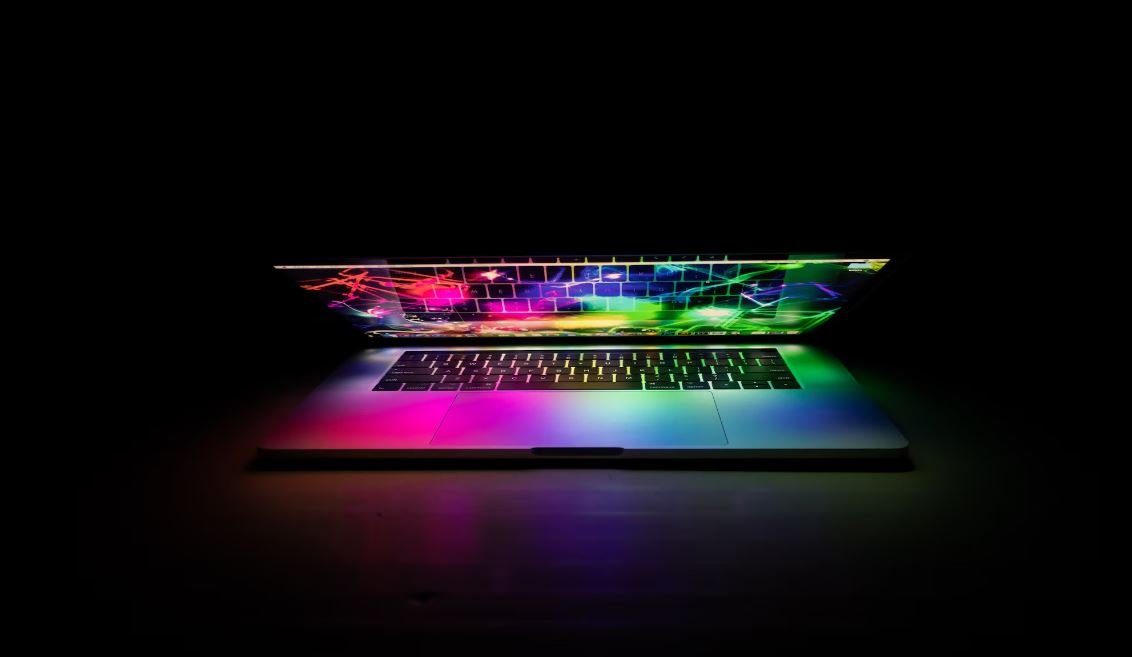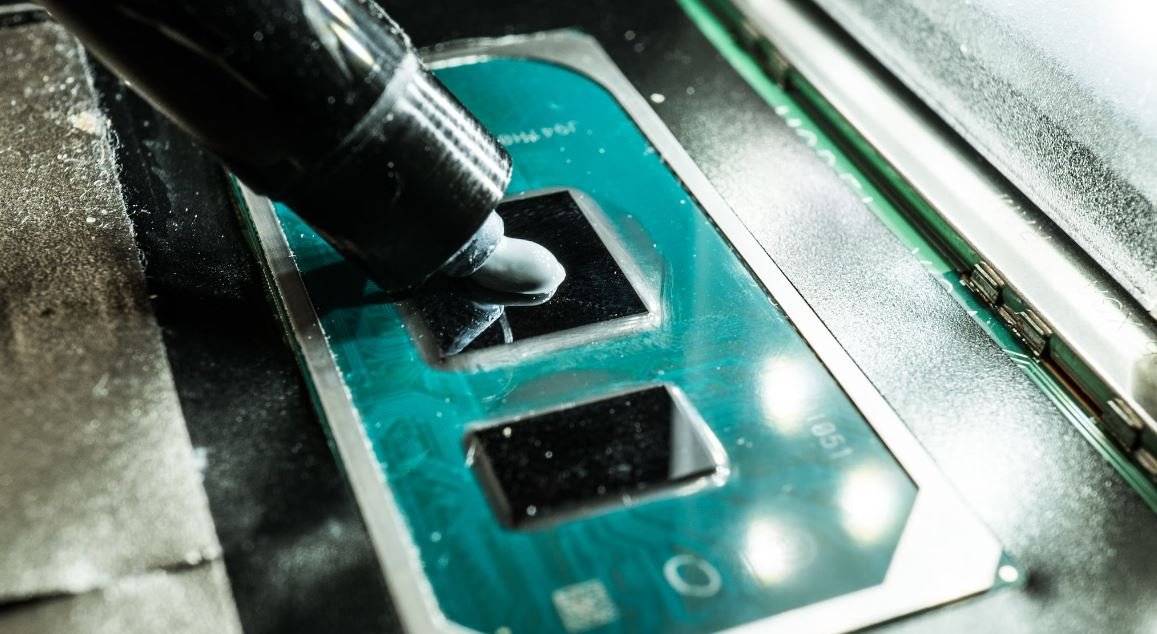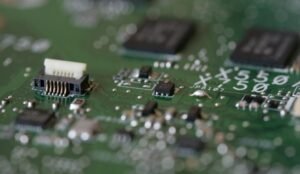AI-Related Films
Artificial Intelligence (AI) has long been a fascinating topic in both science and entertainment. With its potential to revolutionize various industries, it is no wonder that AI has become a popular theme in films. From thought-provoking explorations of the ethical implications of AI to action-packed sci-fi adventures, these movies offer a captivating glimpse into a future where machines have gained intelligence.
Key Takeaways:
- AI-related films explore the ethical and societal impact of artificial intelligence.
- They often depict a future where humans interact with intelligent machines on various levels.
- The portrayal of AI in films ranges from benevolent and helpful to malevolent and destructive.
- These movies provide valuable insights into the real-world challenges and possibilities of AI.
Exploring the AI Film Genre
AI-related films span a wide range of genres, including science fiction, drama, and thriller. They delve into various themes, such as the implications of creating sentient machines, the blurred lines between human and AI consciousness, and the power dynamics between humans and machines. These movies often provoke thought and discussion on the societal impacts of AI, sparking conversations about ethics, privacy, and the boundaries of technology.
*Did you know? The concept of AI has been present in films since the early 20th century, but recent advances in technology have made it an even more relevant subject.*
Must-Watch AI-Related Films
- “Blade Runner” (1982) – A neo-noir science fiction film exploring the humanity of replicants, bioengineered beings with artificial intelligence. *In a dystopian future, a Blade Runner is tasked with hunting down rogue replicants in Los Angeles.*
- “Ex Machina” (2014) – A psychological thriller that examines the nature of consciousness and the ethical implications of creating true artificial intelligence. *A programmer takes part in an experiment to evaluate the human qualities of an advanced AI robot.*
- “The Matrix” (1999) – A groundbreaking sci-fi film that envisions a future where intelligent machines have enslaved humanity within a simulated reality. *What if everything you knew was a computer-generated illusion?*
A Glimpse Into the AI Future
While AI-related films often present extreme or futuristic scenarios, they are rooted in the real-world challenges and possibilities that AI brings. These movies raise questions about the balance between technological advancement and human welfare. They remind us to be mindful of the ethics and safeguards necessary as AI continues to evolve and integrate further into our lives.
Exploring Future AI Possibilities
| Industry | Potential AI Applications |
|---|---|
| Healthcare | Disease diagnosis, personalized medicine, drug discovery |
| Finance | Automated trading, fraud detection, risk assessment |
| Transportation | Self-driving vehicles, traffic optimization, route planning |
*Did you know? AI is already being applied in various industries, improving efficiency and expanding capabilities.*
Interesting AI Film Facts
| Movie | Fact |
|---|---|
| “Her” (2013) | Joaquin Phoenix wore an earpiece on set to hear the voice of his AI operating system co-star, portrayed by Scarlett Johansson. |
| “2001: A Space Odyssey” (1968) | The computer HAL 9000 became one of the most iconic AI characters, often associated with the phrase “Open the pod bay doors, HAL.” |
| “The Terminator” (1984) | The film’s concept of Skynet, an AI system that initiates a nuclear war, popularized the fear of AI turning against humanity. |
AI Films: Inspiring and Thought-Provoking
The world of AI-related films offers viewers a glimpse into a future where intelligent machines are both a boon and a threat. As AI continues to advance in the real world, these movies provide valuable insights, fostering discussions on the moral, ethical, and societal implications of AI. Whether they warn us about the dangers of unchecked AI or inspire us with the potential of machine intelligence, AI-related films remind us to keep asking questions and exploring the possibilities of this rapidly evolving field.

Common Misconceptions
Misconception 1: AI will inevitably lead to the dominance of artificial beings over humans
Misconception 1: AI will inevitably lead to the dominance of artificial beings over humans
One of the most common misconceptions about AI-related films is that they portray a future where machines take over the world and suppress humanity. However, it is important to remember that these films are often fictional and designed for entertainment purposes. While AI technologies have the potential to influence various aspects of our lives, the idea of machines becoming superior to humans is far-fetched and unrealistic.
- AI is designed to assist humans in solving complex problems efficiently.
- The development of AI is focused on collaboration and augmentation rather than domination.
- AI is programmed with strict ethical guidelines and limitations to prevent harm to humans.
Misconception 2: AI will possess emotions and consciousness like humans
Another misconception is that AI-related films often depict artificial beings as having emotions and consciousness similar to humans. While AI can be programmed to simulate human-like interactions, the concept of genuine emotions and consciousness is still far beyond the capabilities of AI technologies in the present day.
- AI lacks self-awareness and the ability to experience genuine emotions.
- Emotional responses exhibited by AI are pre-programmed or learned behaviors rather than true emotions.
- AI’s decision-making is based on data analysis and algorithms, not personal experiences or consciousness.
Misconception 3: AI will have absolute control over the actions and decisions of humans
In some AI-related films, it is often portrayed that AI has complete control over human actions and decisions, leading to a loss of free will. However, this notion is an exaggeration of the capabilities of AI technologies and does not accurately reflect the reality.
- AI systems are designed to assist and enhance human decision-making, not dictate it.
- Humans retain the ability to override or modify AI recommendations and decisions.
- AI technologies are tools that require human input and guidance to remain effective.
Misconception 4: All AI-related films depict a dystopian future
A common misconception is that all AI-related films present a bleak and dystopian vision of the future. While some do showcase such scenarios, it is incorrect to assume that every AI-related film focuses solely on the negative consequences of AI.
- AI-related films can explore a range of themes, including the potential benefits and positive impacts of AI technologies.
- Some films depict AI as a tool for solving complex problems and improving human lives.
- The portrayal of AI in films can depend on the intended message or narrative of the movie.
Misconception 5: AI will replace humans in every aspect of life
One of the recurring misconceptions is the idea that AI will completely replace humans, rendering various professions and skills obsolete. While AI technologies can automate certain tasks, the notion of complete human replacement is an oversimplification and disregards the unique qualities that humans bring to various domains.
- AI technologies are designed to work alongside humans, augmenting their capabilities and efficiency.
- Jobs that require creativity, critical thinking, and human interaction are unlikely to be fully replaced by AI.
- AI will generate new opportunities and job roles that require human supervision and collaboration.

Introduction
Artificial Intelligence (AI) has become a pervasive topic in the world of cinema, inspiring filmmakers to explore its potential consequences and possibilities. This article examines ten AI-related films and the intriguing elements they bring to the table. Each table presents notable information about the films, providing insight into their critical and commercial success, as well as their thematic focus. Dive into the world of AI films and discover their captivating narratives and thought-provoking themes.
Table: The Creators and Their Creations
Explore a list of renowned directors and the AI-focused films they have brought to life. From seasoned veterans like Stanley Kubrick to emerging talents like Alex Garland, these filmmakers have contributed to the rich tapestry of AI-related films with their unique visions and directorial styles.
Table: Box Office Success
Discover the box office success of AI-related films. This table showcases the highest-grossing films in the genre, allowing readers to grasp the commercial appeal and popularity of AI-driven narratives.
Table: Critical Acclaim
Uncover the critical reception of AI-related films. This table presents the films that have garnered widespread acclaim from critics, shedding light on the artistic merit and impact of these cinematic endeavors.
Table: Exploring the Future
Dive into a selection of films that offer a glimpse into the potential future of AI. This table highlights movies that depict futuristic societies shaped by advanced AI technologies.
Table: AI and Human Emotions
Delve into films exploring the intricate relationship between AI and human emotions. This table features movies that delve into the complexities of emotions in AI, blurring the lines between artificial and human feelings.
Table: AI as a Dystopian Force
Uncover films that depict AI as a dystopian force, portraying darker aspects of artificial intelligence and its potential impact on society. This table highlights movies that present cautionary tales of unchecked AI development.
Table: AI and Identity
Explore films that tackle the subject of AI and identity. From consciousness-raising narratives to mind-bending character explorations, this table showcases movies that examine the blurred boundaries between human and artificial identities.
Table: AI in Pop Culture
Discover the influence of AI-related films on pop culture. This table presents films that have permeated popular consciousness and left an indelible mark on society, transcending the bounds of the cinematic realm.
Table: AI and Ethics
Dive into films that grapple with the ethical implications of AI. This table features movies that raise important questions about the balance between technological advancement and moral responsibility.
Table: AI in Different Genres
Explore the diverse genres in which AI-related films can be found. From sci-fi epics to psychological thrillers, this table demonstrates the versatility and adaptability of AI narratives across various cinematic styles.
Conclusion
AI-related films have captured the imagination of audiences worldwide, examining the potential and pitfalls of artificial intelligence. From blockbuster successes to thought-provoking masterpieces, these films have demonstrated the enduring fascination with AI and its impact on society. Through their exploration of themes like ethics, identity, and the future, these movies have ignited conversations and pushed the boundaries of cinematic storytelling. Whether presenting AI as a dystopian force or probing the complex connections between AI and human emotions, these films continue to captivate viewers and shed light on the intricate relationship humans have with technology. Dive into the world of AI-related films and embark on a journey through their compelling narratives and fascinating ideas.
Frequently Asked Questions
AI-Related Films
What are some popular films about AI?
What is the concept of AI in films?
Are AI-related films based on real scientific concepts?
What are the common themes found in AI-related films?
How does AI impact the plot of these films?
What are some famous AI villains in films?
Are there AI-related films that explore positive outcomes?
Are there any films that address the ethical concerns of AI?
Do AI-related films influence public perceptions of AI?
Are there any real-life AI advancements inspired by films?




